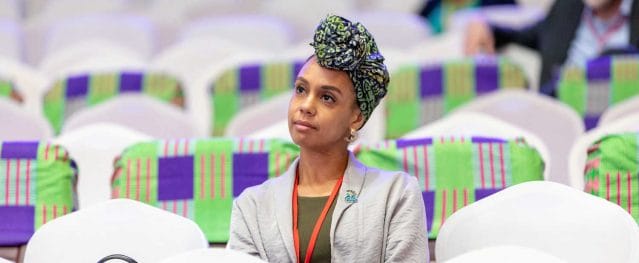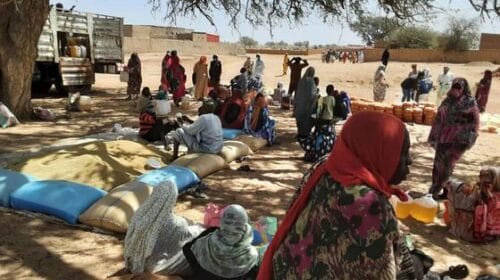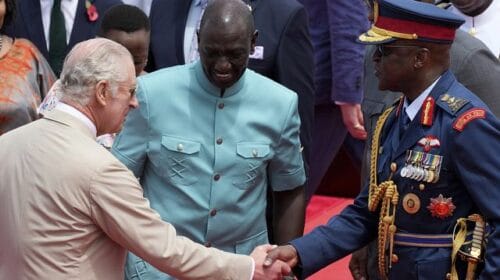2022 Annual Meetings: A $20 smartphone could spark Africa’s mobile boom. Experts offer this and other digital solutions during panel discussion

The African Development Bank hosted a panel of experts drawn from industry, government and the investment community to lay out key actions for Africa to deliver a transformational digital future for its people.
A side event to the Bank’s Annual Meetings in Accra, Ghana, the session featured a discussion on building resilient digital economies in Africa. It addressed the need for resilient broadband networks as well as innovation and entrepreneurship to develop a thriving digital eco-system.
Ralph Mupita, Group CEO of MTN, Africa’s largest telecommunications operator, outlined the rapid advances in connectivity in Africa: almost half the population has their own sim card and more than 20% has access to the internet. Yet “attaining broadband for all of Africa by 2030 will cost at least $100 billion,” he cautioned, and said for mobile technology to be affordable for all, Africa needs a $20 smartphone.
The transformational impact of digital platforms could revolutionise entire sectors of the economy, particularly when applied to existing value chains, predicted Tidjane Dème, a partner at venture capital firm Partech. Investment in digital technology in Africa grew from $360 million in 2016 to $5.2 billion in 2020, he said.
The experts recognised interdependencies within the digital sector. For example, building digital infrastructure requires digital skills and entrepreneurship. To drive maximum value from the sector, governments and the private sector have to consider the eco-system as a whole, they said.
In Cabo Verde, a €31 million investment from the African Development Bank is enabling the government to build a world-class technology park, giving digital entrepreneurs a place to innovate and learn, supported by superior connectivity. “Our vision is to position Cabo Verde as the leading digital hub and gateway to West Africa,” said Cabo Verde’s Minister of Finance, Olavo Correia.
Omobola Johnson, Senior Partner at venture capital firm TLcom, and former Chair of the Alliance for Affordable Internet, underscored Africa’s youthful population and demographic advantage. She said if skills are taught and quality connectivity, at least at 4G level, is widely accessible, a talent pool of the continent’s youth could drive Africa’s digital economy and attract investment.
One example of a digital innovator is Monique Ntumngia, the founder of Green Girls. Using artificial intelligence to foster the deployment of renewable energy devices, her aim is to ensure women and rural communities are not left behind. “We must go beyond just offering digital services to these demographics; we have a responsibility of empowering women and our rural communities with basic skills to interact with the digital world,” Ntumngia told the session.
Wael Elkabbany, Managing Director of the Microsoft Africa Transformation Office, recognised that more still needs to be done. Africa requires 700 new data centres to meet its growing data demand. Governments and regional economic communities could provide opportunities for large-scale investment, through the adoption of harmonised policies supporting the free movement of data.
For his part, Alain Ebobissé, CEO of the infrastructure investment fund Africa50, noted the untapped potential of asset recycling — whereby governments could release capital for future infrastructure investment by bringing in the private sector as partners in the management and ownership of existing assets. “The time to invest is now. We must invest faster and at scale,” he commented.
A theme of the African Development Bank’s Annual Meetings is building climate resilience and Juha Savolainen of Finland’s Ministry of Foreign Affairs highlighted the circular economy, where digital platforms have been fundamental to the development of value chains that reuse components, creating resource efficiency and reducing carbon footprints.
Bringing the discussion to a close, Solomon Quaynor, Vice President, Private Sector, Infrastructure and Industrialisation at the African Development Bank Group, cited a recent $170 million investment project in Nigeria’s digital and creative industries. The project aims to create up to 850,000 direct and indirect jobs, part of Nigeria’s efforts to create more sustainable jobs for the booming youth population.




